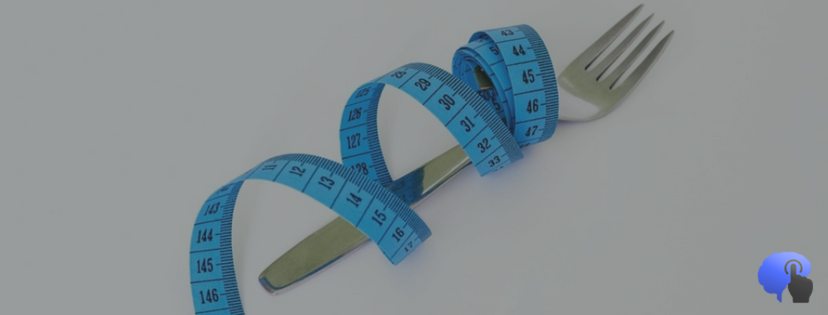
In this post, we are going to show you how some simple techniques of Behavioral Economics can make you take better decisions for your own well-being. For example, quit or reduce smoking and improve healthy eating.
Despite the application of nudges in public policy that was examined in the previous article, it is important to mention that similar strategies that push people to make more rational decisions for their own well-being. Let us examine some of them!
Staying focused on promises
Regarding pro-self well-being, a Nudge was created for the commitment of personal promises in the sector of diet and smoking and it is the website stickk.com (which was design based on the ideas of the Yale University professors, Dean Karlan and Ian Ayres).
The user of the website should pay an amount of money and commit to refrain from smoking or from unhealthy food for a while. In cooperation with a doctor that will examine the influx of nicotine or the weight, it is determined whether the person stays loyal to its goals.
If the goal is achieved, the amount is refunded. If not, it is donated to charity. This particular strategy aims at the inner tendency of people to despise loss.
Food Consumption
Regarding Food Consumption, it is proven that when there is a bigger variety of food, people tend to consume 23% more. When a food has less variety, the desire for gluttony is decreased. Meals with similar characteristics (flavor, color) can decrease the amounts consumed.
Food Waste
The Alfred University of New York conducted an experiment, in which food in the self-service cafeteria was not served in plates, but different utensils. This resulted in decrease of the food waste by 50%. This strategy was characterized really effective and was adopted by other universities in United States.
Conclusions
Given what was mentioned before, it is deducted that behavioral economic are not only effective in theory, but also in daily conditions. Despite their complex scientific context, the applications are classifies as simple and influential.
Knowing some of the nudge applications, in which personal problems do you think that they could be used? Do you already know an existing nudge? We would love to hear from you!
Christos Panousis
Writer and Researcher for Nudge Unit Greece
~Explaining Behavioral Economics Simply~
References
Hansen, P. G., & Jespersen, A. M. (2013). Nudge and the Manipulation of Choice. European Journal of Risk Regulation, 1, 3–28. doi.org/10.2307/2489305
Oullier, O., Cialdini, R., Thaler, R. H., & Mullainathan, S. (2010). Improving public health prevention with a nudge. Economic Perspectives, 6(2), 117-36.
